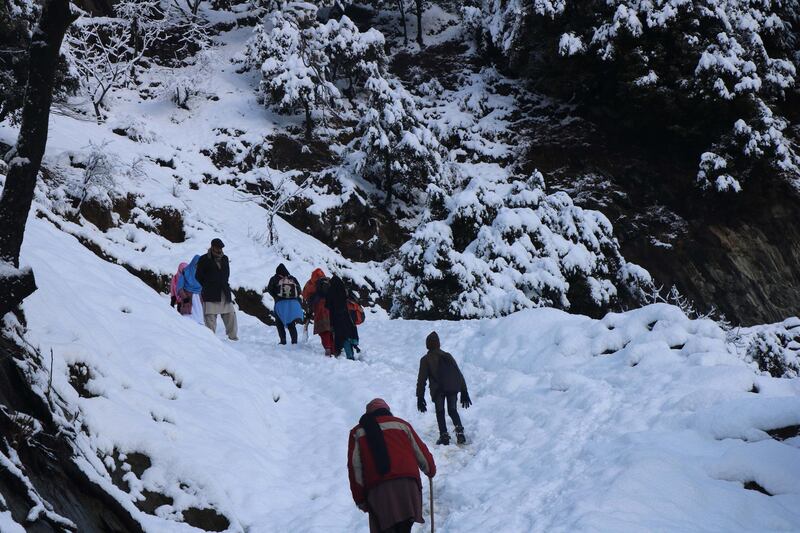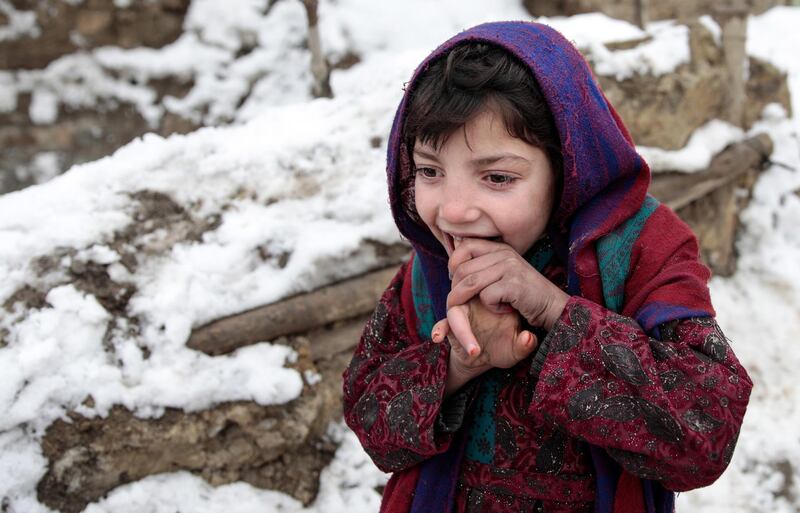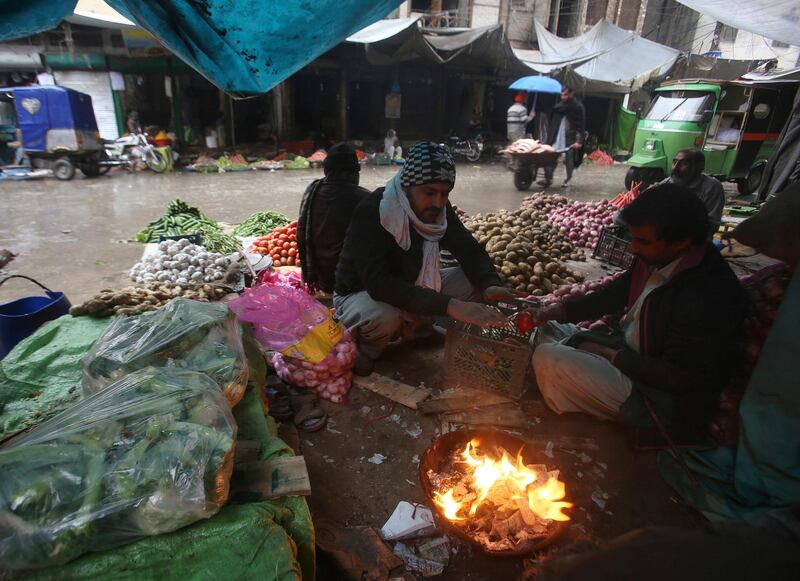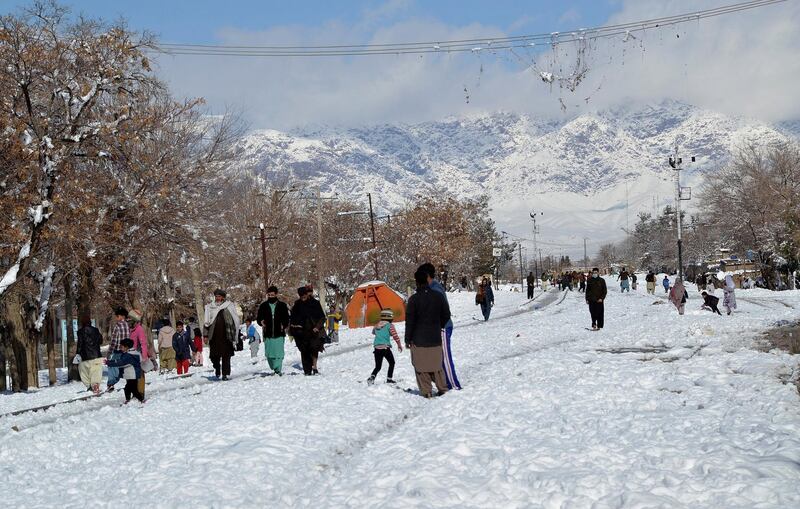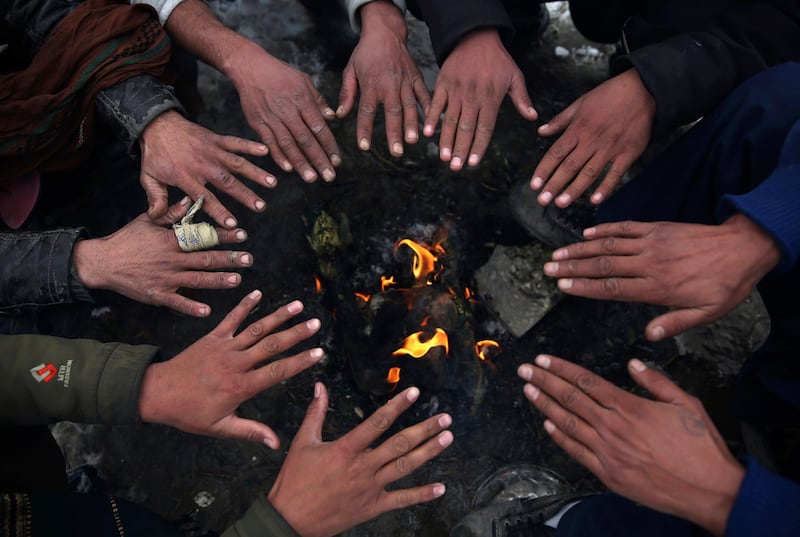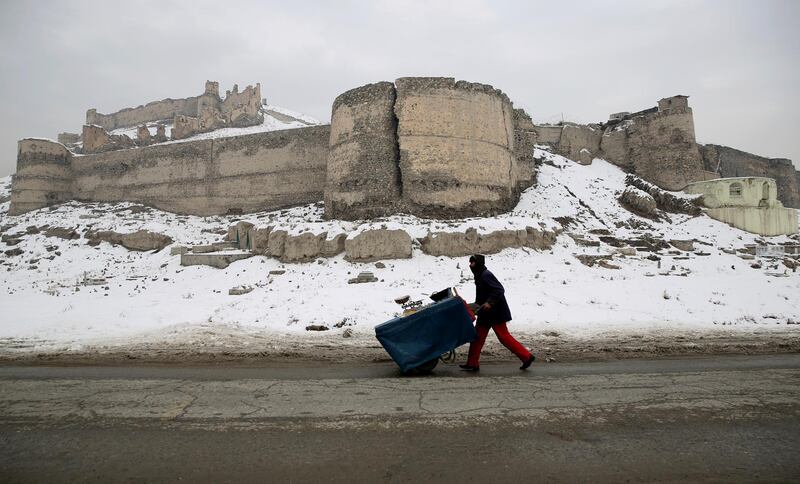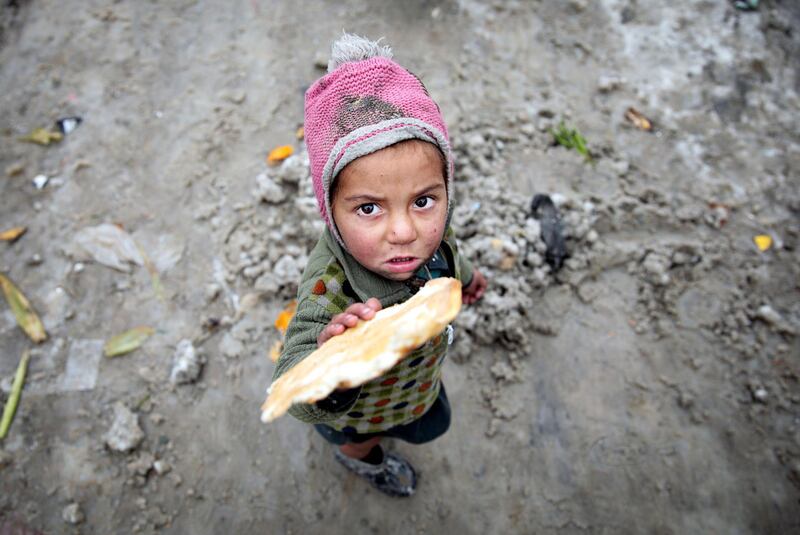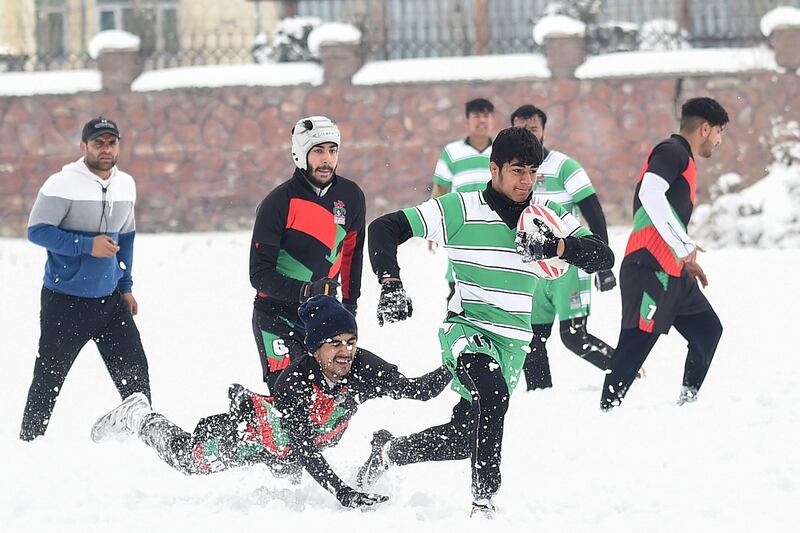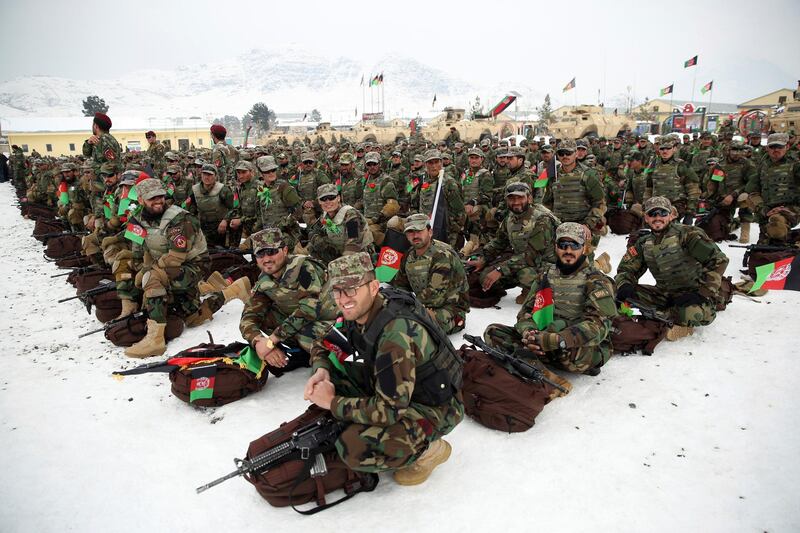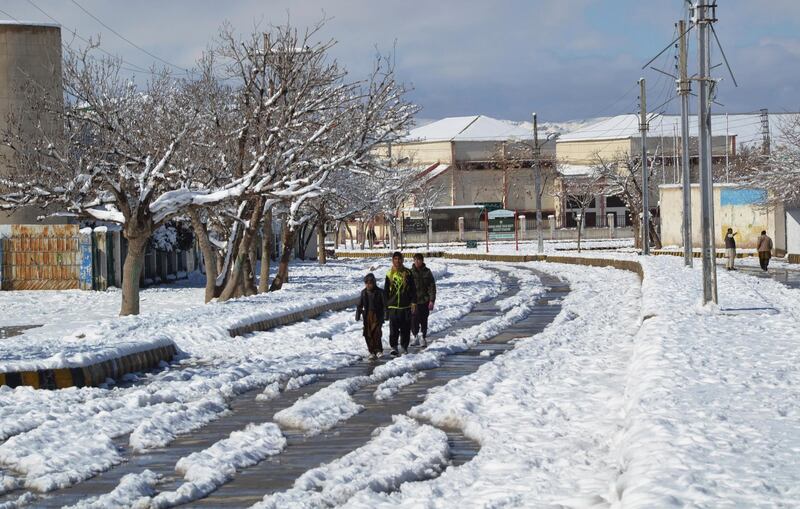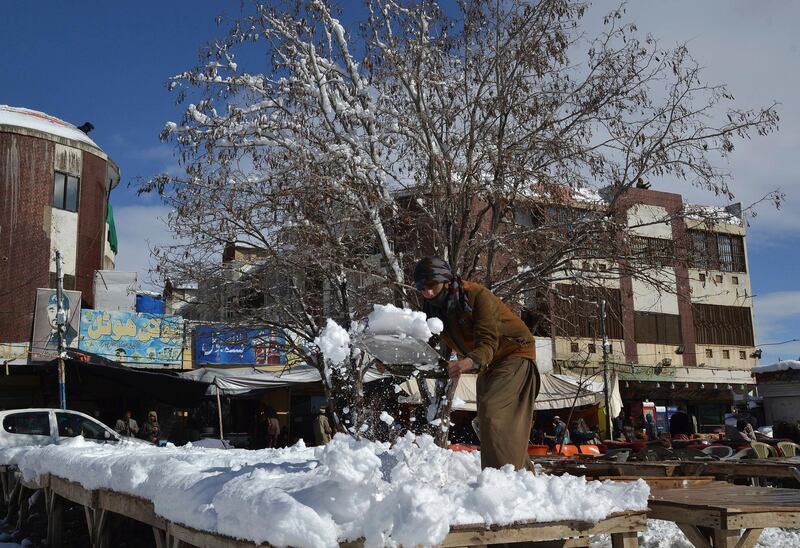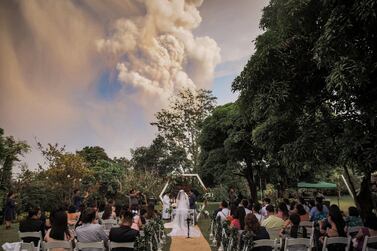Avalanches, flooding and harsh winter weather has killed more than 100 people across Pakistan, India and Afghanistan in recent days.
At least 57 people were killed across Pakistan controlled-Kashmir, with several still missing in avalanche-related incidents. Ten people were also killed in the northern-part of Indian-administered Kashmir.
In Afghanistan, a further 39 people were killed due to heavy snow and freezing winter weather.
Forecasts warn more harsh weather is on the way.
The disputed Himalayan region of Kashmir was the worst-affected area, with 55 deaths in the past 24 hours, said Waseem Uddin, a spokesman for Pakistan’s National Disaster Management Authority.
Authorities have closed schools and several roads in northern mountainous areas.
Among those fatalities, 41 died in a single avalanche in the Neelum Valley while 14 people died in elsewhere in the region, he told The Associated Press. Avalanches are common in Kashmir, which is divided between Pakistan and India and claimed by both in its entirety.
Earlier on Tuesday, Ahmad Raza Qadri, the minister for the disaster management authority in Kashmir, said they had declared a state of emergency in the affected areas. “Rescuers are facing difficulties in reaching the stricken villages,” he said.
Military helicopters were being used to evacuate people as authorities struggle to reopen highways and reach people cut off by heavy snowfall and avalanches in both Pakistan and Afghanistan.
Also badly affected by heavy snowfall is Pakistan’s south-west Baluchistan province, where 20 people died, said Mr Uddin, adding that some parts in the province was under six inches of snow. Twelve people were also killed in weather-related incidents in Pakistan’s eastern Punjab province.
In the south-eastern Balochistan province, at least 19 people had been killed in separate weather-related incidents, said Mohammed Younus, an official with the provincial disaster management authority.
"Most of those who died were women and children," he said.
In Afghanistan, the State Ministry for Disaster Management confirmed at least 15 more deaths overnight, raising the death toll in weather-related incidents since Sunday to 39.
On Monday, residents of the Afghan capital, Kabul, where temperatures dropped to -15 degrees Celsius, abandoned driving and struggled to get to work on snow-covered roads.
More than 300 houses were destroyed or damaged in heavy sleet and snow, said Ahmad Tamim Azimi a spokesman for the Natural Disaster Management Authority.
"A cold snap, heavy snowfall and rains that started two weeks ago have caused damage," he said.
Hardest hit were southern Kandahar, Helmand, Zabul and western Herat provinces.
